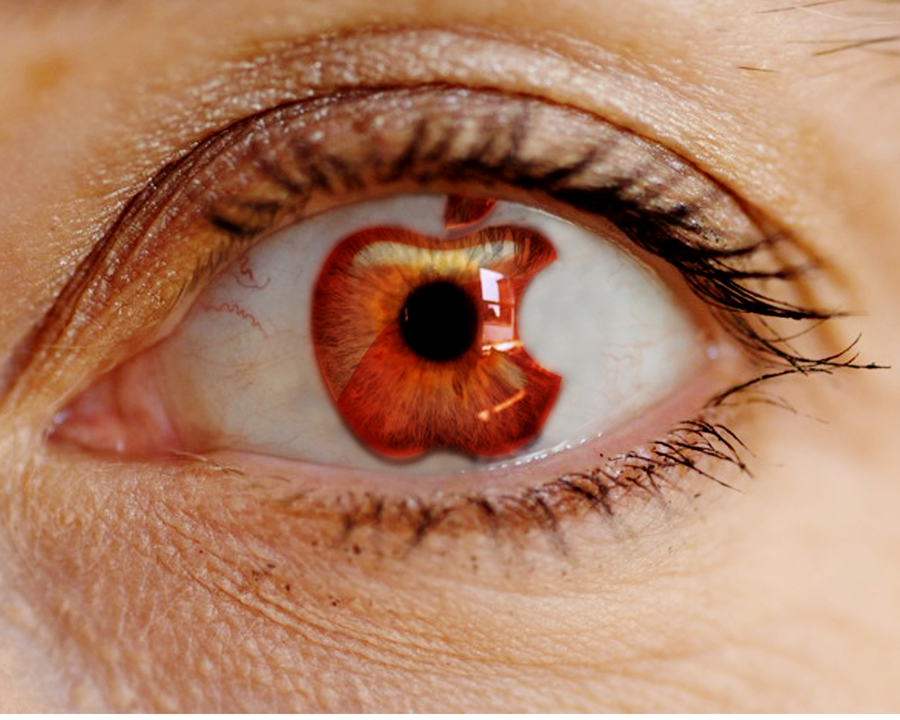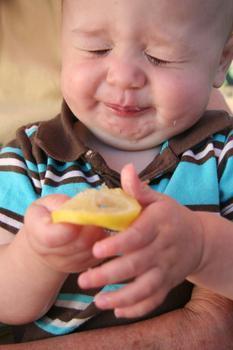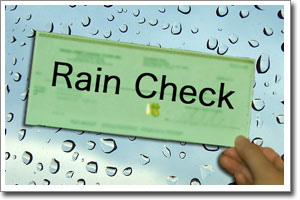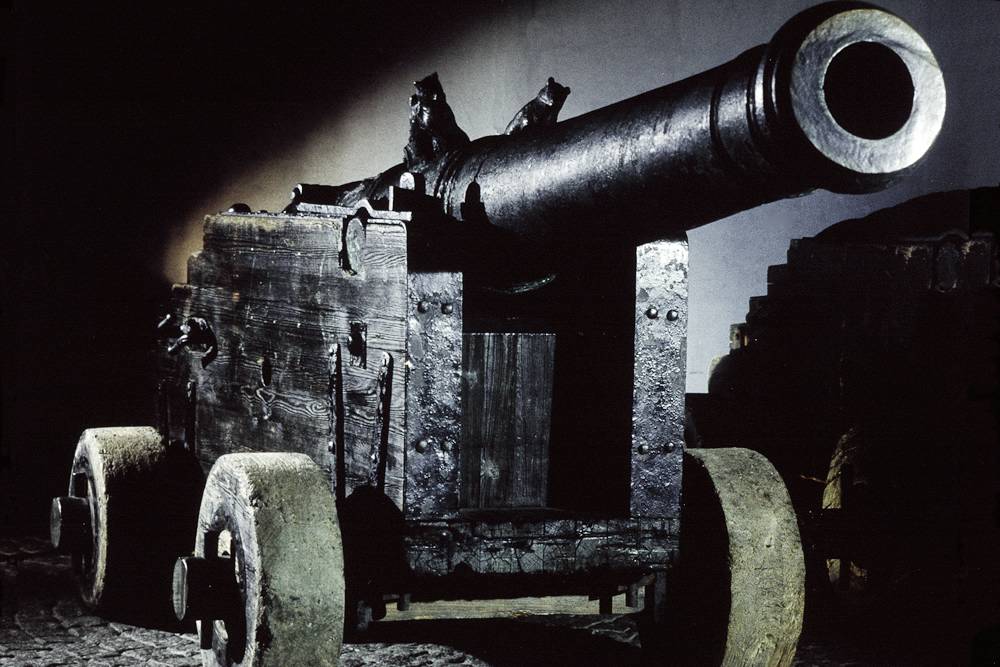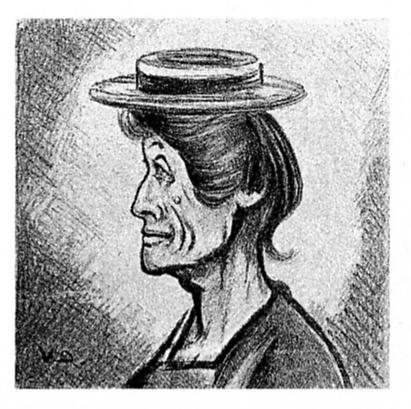‘The apple of my eye’ is very old and first appears in Old English in a work attributed to King Aelfred (the Great) of Wessex, AD 885, titled Gregory’s Pastoral Care. Originally it means the central aperture of the eye. Figuratively it is something, or more usually someone, cherished above. WHERE DO I START? Hints and Tips for […]
Tag: sayings
DYK: Why does the XXX symbol mean kisses?
Kisses XXX SYMBOL at the end of a letter – In medieval times, when most people were illiterate, “contracts were not considered legal until each signer included St. Andrew’s cross after their name.” (Or instead of a signature, if the signer couldn’t write.) To prove their sincerity, signers were then required to kiss the X. […]
DYK: Where did the phrase ‘Dirt Poor’ come from?
Dirt Poor – This phrase dates back to the 1930’s Depression era where there was extreme poverty and many people lived in dirty conditions. The source that claims it comes from England at an earlier date has largely been discounted. An article about “Life in the 1500s” circulated on the internet in April 1999 and according […]
DYK: Have you reached the bitter end?
DYK: Did you know? Have you ever wonder what this term really meant? The bitter end’ means the very end and comes from a nautical term. Anchor cable was wrapped around posts called bitts. The bitt end (or bitter end) refers to the final part of the anchor rope near to where the rope is fixed […]
DYK: Will you take a rain check?
“Take a rain check’ is something that you say when you cannot accept someone’s invitation to do something but you would like to do it another time. It comes from the custom started in 19th century America for vouchers to be issued to paying baseball spectators in the event of rain, which they would use […]
DYK: That is beyond the pale! – this is the true meaning
Beyond the pale means unacceptable; outside agreed standards of decency. The pale has nothing to do with whitish color it was the area around Dublin in Ireland. The everyday use of the word ‘pale’ is as an adjective meaning whitish and light in colour (used to that effect by Procol Harum and in countless paint adverts). […]
DYK: Loose cannon is actually a nautical term
Today, ‘Loose cannon’ means an unpredictable person or thing, liable to cause damage if not kept in check by others The phrase is actually a nautical term. It derives from the days when sailing warships were armed with enormous cannons on wheels; if a tethered cannon broke loose it could do enormous damage to the ship. […]
DYK: He was a ‘son of a gun’?
Son of a gun seems to be a very strange phrase. A prevailing theory is that it comes from the 1800s, when British sailors took women along on extended voyages. When babies were born at sea, the mothers delivered them in a partitioned section of the gundeck. Because no one could be sure who the true fathers […]
DYK: The word spinster once had different meaning
A Spinster is an unmarried woman today, but once the word had a different meaning. Originally a spinster was simply a woman who made her living by spinning wool on a spinning wheel. However it was so common for single women to support themselves that way that by the 18th century ‘spinster’ was a synonym […]
DYK: What does caught red-handed really mean?
Caught red-handed – To be caught in the act of committing a misdemeanour, with the evidence there for all to see. For hundreds of years, stealing and butchering another person’s livestock was a common crime. But it was hard to prove unless the thief was caught with a dead animal … and blood on his […]
